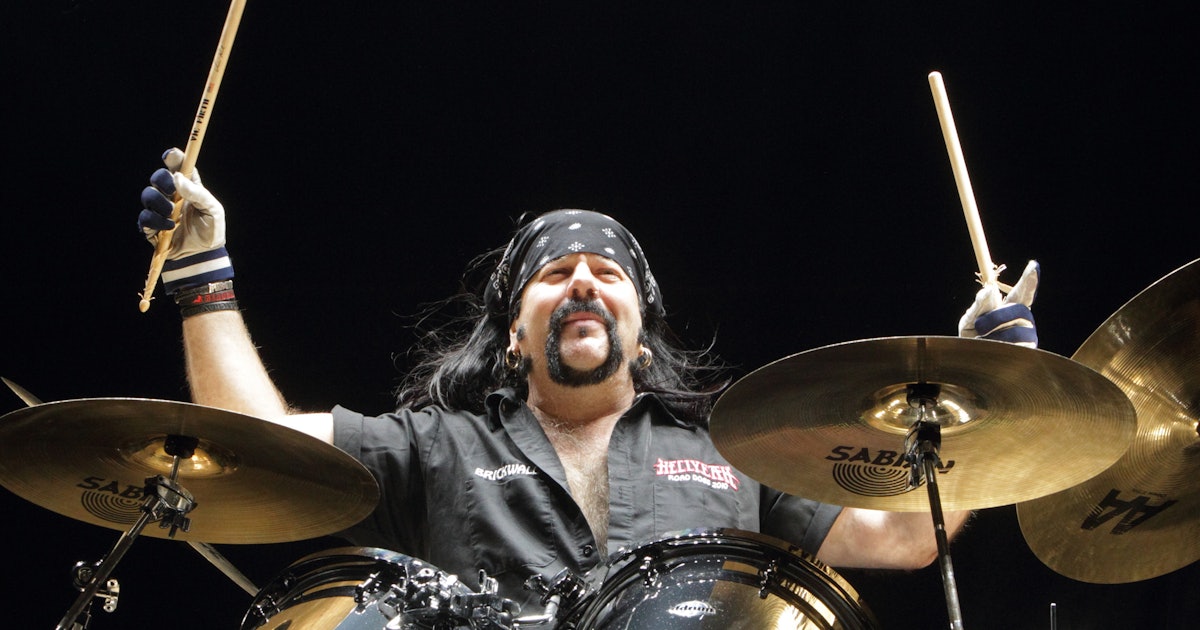joedrum
Junior Member
I agree with you, Chris. That's a ridiculous thing for people to say especially considering all the songs built around the drums. In a recent interview on John's DeChristopher's Live From My Drum Room show music producer Gary Katz was talking about Boz Scaggs Lido Shuffle (I believe that was the song) he said they were smart enough to bring the drums up front. And there are just so many songs like that. Especially in rock/pop.I guess it's less necessary, but it still puts you at a disadvantage.
There is a reason many people in the industry half seriously describe bands as three musicians and a drummer. (I hate it).
No one is passing judgement. The debate is is it a useful tool and does more knowledge equal power. I haven't yet seen a post that persuades me that fewer skills and less knowledge is in any way a GOOD thing.
BTW if there is any truth to your quoted statement about 3 musicians and a drummer then that to me just indicates that drummers are just on a much higher plane than musicians!


